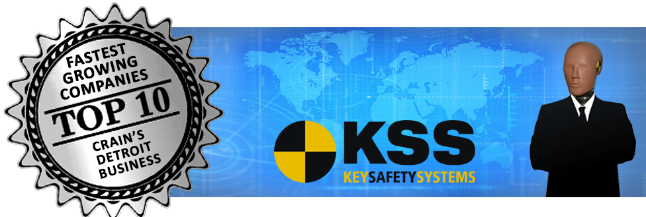Japan’s Takata, at the center of the auto market’s biggest-ever product recall, has filed for bankruptcy protection in the United States and Japan, and stated it had agreed to be mainly acquired for $1.6 billion by the Chinese-owned U.S.-based Key Safety Systems.
In the biggest bankruptcy of a Japanese producer, Takata deals with 10s of billions of dollars in expenses and liabilities arising from nearly 10 years of recalls and lawsuits. Its airbag inflators have been connected to at least 16 deaths and 180 injuries around the world since they can burst and send metal fragments flying.
TK Holdings, its U.S. operations, submitted Chapter 11 bankruptcy in Delaware on Sunday with liabilities of $10 billion to $50 billion, where as the Japanese parent filed for protection with the Tokyo District Court today.
Scott Caudill, chief running officer of TK Holdings, stated in a court affidavit that the company “faces insurmountable claims” associating to the recalls and owes billions of dollars to automakers. He revealed that Takata has recalled, or anticipates to recall, by 2019 about 125 million automobiles worldwide, including 60 million or more in the United States.
Takata’s overall liabilities stand at 1.7 trillion yen ($15 billion), Tokyo Shoko Research study estimated.
Final liabilities would depend upon the result of conversations with automaker clients who have borne the bulk of the replacement expenses, an attorney for the company stated.
The filings open the door to the monetary rescue by Key Safety Systems (KSS), a Michigan-based parts supplier owned by China’s Ningbo Joyson Electronic Corp.
In a deal that took 16 months to work out, KSS accepted to take control of Takata’s viable operations, while the remaining operations will be restructured to continue producing millions of replacement airbag inflators, the two companies stated.
The United States company would keep “substantially all” of Takata’s 60,000 workers in 23 nations and preserve its factories in Japan. The arrangement is meant to allow Takata to continue running without interruptions and with minimal interruptions to its supply chain.


